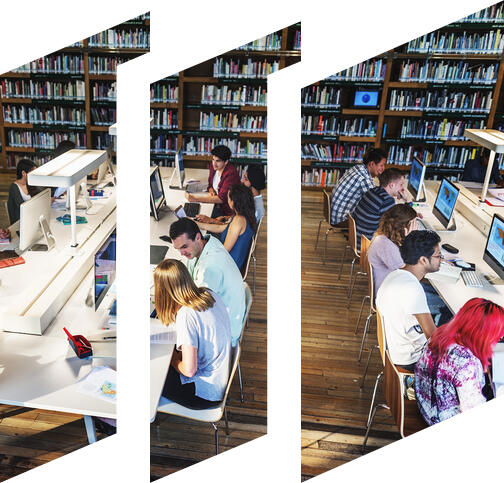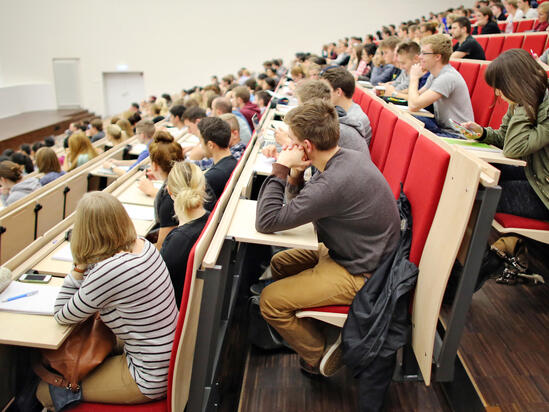Schools and universities
As a place to learn and research, Germany enjoys a strong international reputation, from its school system to the dual vocational education system and its varied higher education system.

Insight
Excellent higher education
German universities and higher education institutions enjoy a very good reputation the world over and are sought-after cooperation partners. Germany is also the most popular non-English-speaking host country for international students.
Overview
School and education
In Germany, it is the 16 federal states that are responsible for education and education policy. The German model of dual vocational training, which combines theory and practice, is in strong demand internationally.
Facts and figures
© drubig-photo/stock.adobe.com

9 years of compulsory schooling
In Germany, responsibility for the school system lies primarily with the 16 federal states.
© Kalinovskiy/stock.adobe.com

11.4 million pupils
This is how many children and young people attended a general education school, vocational school or health care school in the 2024/2025 school year.
135 German schools abroad
Most of the German schools abroad recognised by the Federal Republic of Germany are encounter schools, where both German and local children are taught.
327 apprenticeship trades
Training for these professions covers both theoretical and practical elements in Germany’s dual system.
© BullRun/stock.adobe.com

37,000 university collaborations
German universities have agreements with partners in more than 150 countries.
© Monkey Business/stock.adobe.com

426 higher education institutions
The German higher education world offers excellent prospects even beyond the big cities.
© Jacob Lund/stock.adobe.com

2.9 million students
More than half of young people in Germany now study for a university degree.














